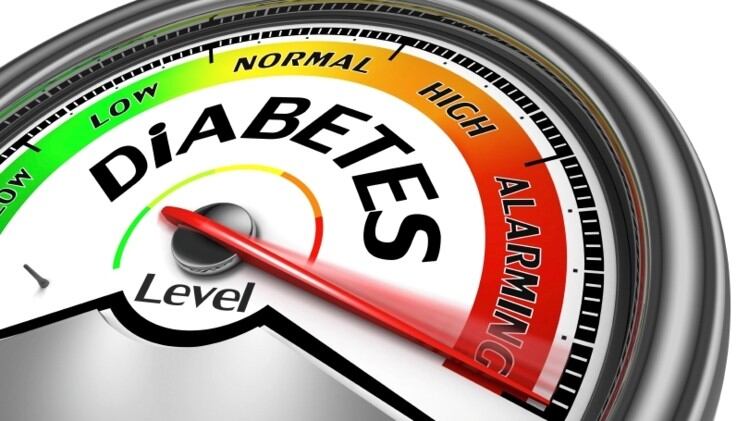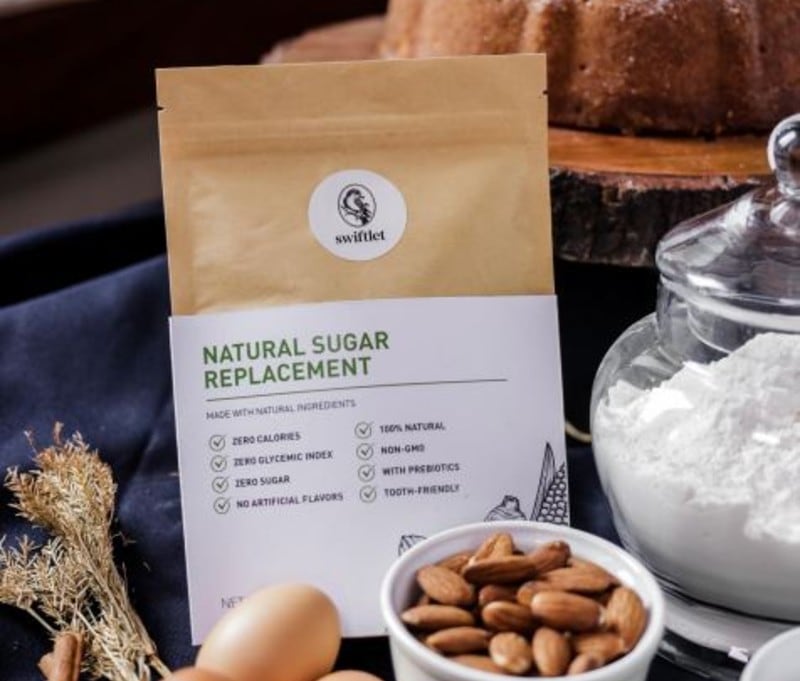Findings of the clinical trial was recently published in Nutrients. The randomised human clinical trial was conducted by the University of Auckland and funded by the Health Research Council of New Zealand.
The researchers decided to embark on the study as probiotics intake, especially Lactobacillus and Bifidobacterium strains, and intermittent fasting could separately improve glucose control.
This is believed to be the first study that assesses the impact of both probiotics supplementation and intermittent fasting on prediabetes control.
Study design
The probiotics used in the study was Lacticaseibacillus rhamnosus HN001 from Fonterra. However, the company did not fund or design the study.
A total of 26 subjects with prediabetes – who have glycated haemoglobin HbA1c of 40–50 mmol/mol in the preceding 9 months and BMI of 30 – 40 kg/m2, completed the trial.
All undergone intermittent fasting, which consists of restricting their calories to a maximum of 600 kcal/day for females and 650 kcal/day for males for two days a week.
They were also randomized to receive either a capsule containing 6bn CFU of Lacticaseibacillus rhamnosus HN001 or placebo daily for 12 weeks.
The research was funded by the Health Research Council of New Zealand.
Blood glucose level
The level of glycated haemoglobin HbA1c had decreased across both probiotic and placebo groups and there was no significant difference between the two groups.
The level of HbA1c had decreased in 23 out of the 26 participants (88%) and the remaining three achieved a normal blood glucose level, where HbA1c level is less than 40 mmol/mol.
On average, the blood glucose level had dropped from 43 ± 2.7 mmol/mol to 41 ± 2.3 mmol/mol. There was also an average of 5% weight loss for all subjects.
This shows that probiotic supplementation is not the key in controlling glucose level as compared to intermittent fasting.
“The PROFAST (PRObiotics, intermittent FASTing) trial showed that daily supplementation of Lacticaseibacillus rhamnosus HN001 probiotic in individuals with prediabetes who practiced intermittent fasting did not result in additional glycemic improvement or weight loss when compared with placebo,” the researchers said.
In addition, there was also no change in the fasting glucose, insulin and C-peptide levels in group which took the probiotics.
Mental score
The group which took the probiotics had however, seen improvements in social functioning and mental health – which were not seen in the placebo group.
For instance, the mental health score went up from 69.2 ± 14.8 to 80.0 ± 10.4 in the probiotics group, while that of the placebo was stagnant throughout the 12-week study.
The same was also seen in the social functioning score, where the probiotics group saw its score increased from 76.7 ± 22.1 to 91.7 ± 20.4.
“This study shows additional psychological benefits of probiotic supplementation during intermittent fasting to achieve weight loss and glycemic improvement in prediabetes.
“Our results, therefore, offer new evidence that probiotics paired with intermittent fasting can improve mental health,” said the researchers.
Source: Nutrients
PROFAST: A Randomized Trial Assessing the Effects of Intermittent Fasting and Lacticaseibacillus rhamnosus Probiotic among People with Prediabetes
https://doi.org/10.3390/nu12113530
Authors: Rinki Murphy, et al



